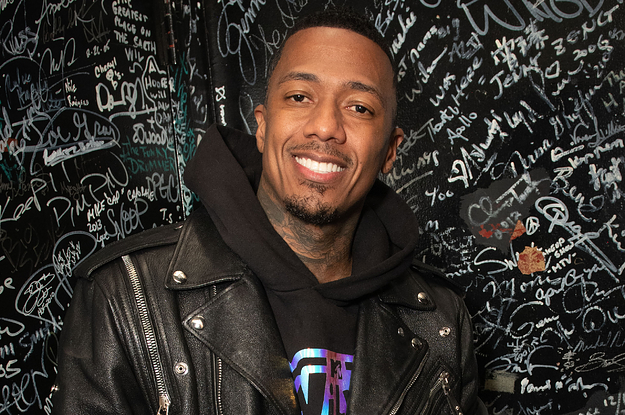As El Salvador approaches its national elections on Sunday, Vice President Felix Ulloa, in an exclusive interview with Reuters, outlined the government’s unwavering commitment to Bitcoin, especially in the context of President Nayib Bukele’s potential second term.
Vice President Ulloa, who is currently on leave to campaign for re-election alongside President Bukele, confirmed that BTC’s status as legal tender in El Salvador will continue unabated. This statement comes amidst El Salvador’s ongoing negotiations with the International Monetary Fund (IMF) for a $1.3 billion loan, where the IMF has suggested that El Salvador “reconsider” its adoption of Bitcoin.
Ulloa expressed the government’s firm stance against reversing its decision on Bitcoin, especially in light of the recent move by the US Securities and Exchange Commission (SEC) to approve US-listed exchange-traded funds (ETFs) that track BTC. He remarked, “Not only will it [the law] be maintained,” adding, “At this moment, it enjoys the greatest credibility in the entire world.”
If President Bukele and his New Ideas party secure a victory in the upcoming election, as widely predicted by polls, the Salvadoran government intends to proceed with launching Bitcoin-backed bonds, colloquially known as “Volcano Bonds,” within the first quarter of 2024.
These bonds are part of a broader effort to harness Bitcoin for the country’s economic development and are closely tied to the proposed Bitcoin City project, which includes leveraging geothermal energy from volcanoes for BTC mining.
Bukele’s Bitcoin Plans For 2024
The construction of Bitcoin City, a tax-free crypto hub proposed by President Bukele in Eastern El Salvador, remains a key part of the administration’s plans. Additionally, the government aims to issue passports to investors who contribute the equivalent of $1 million in BTC. This initiative is designed to attract significant BTC investment into the country.
El Salvador made history in September 2021 by becoming the first nation to establish BTC as legal tender, a decision that attracted substantial international criticism, notably from the IMF. However, Vice President Ulloa, a 72-year-old lawyer, remains hopeful that the country will overcome the challenges associated with accessing IMF financing, especially given that “the majority of the package has already been agreed upon.”
This steadfast approach to integrating Bitcoin into El Salvador’s financial system signifies a significant chapter in the global narrative of digital currencies and their role in national economies. The forthcoming election results will be crucial in determining the future trajectory of these pioneering initiatives.
At press time, BTC traded at $42,190.






